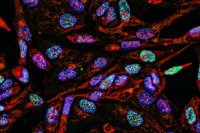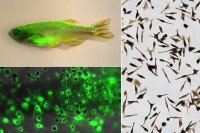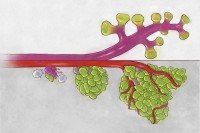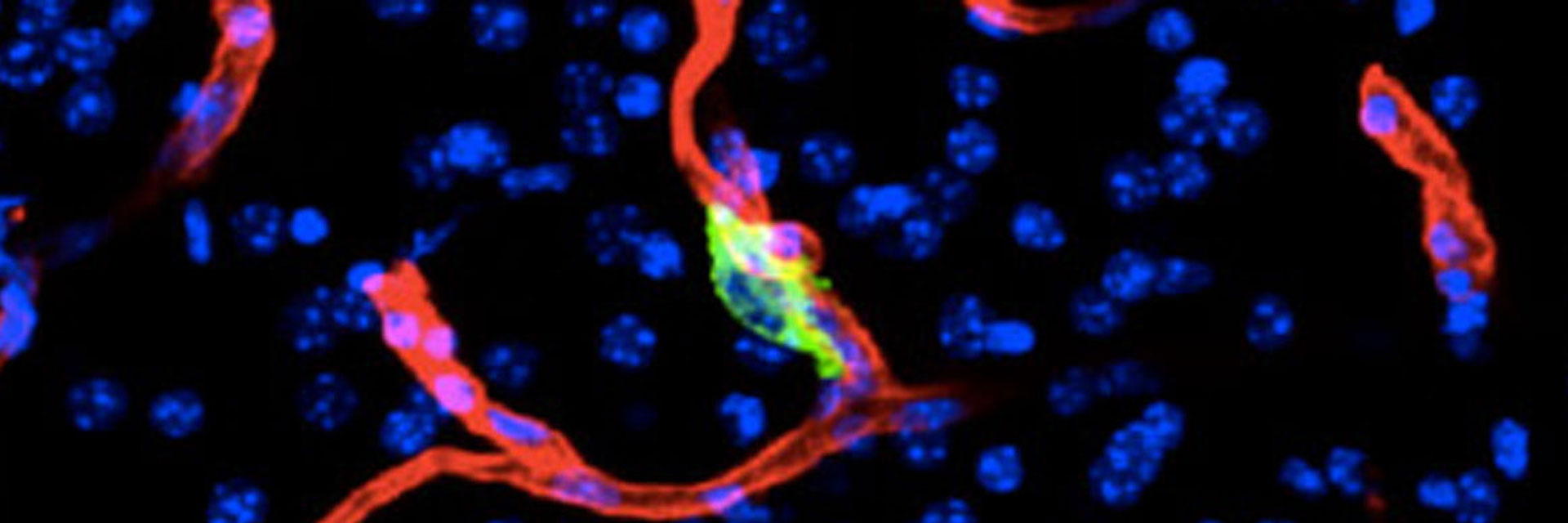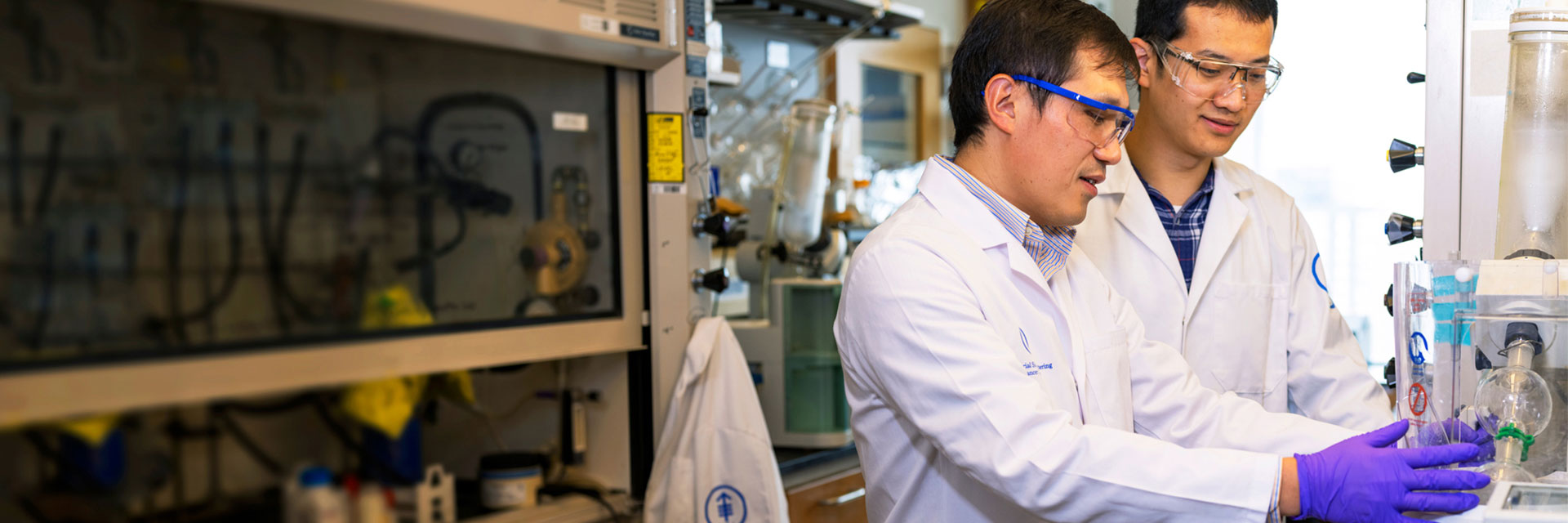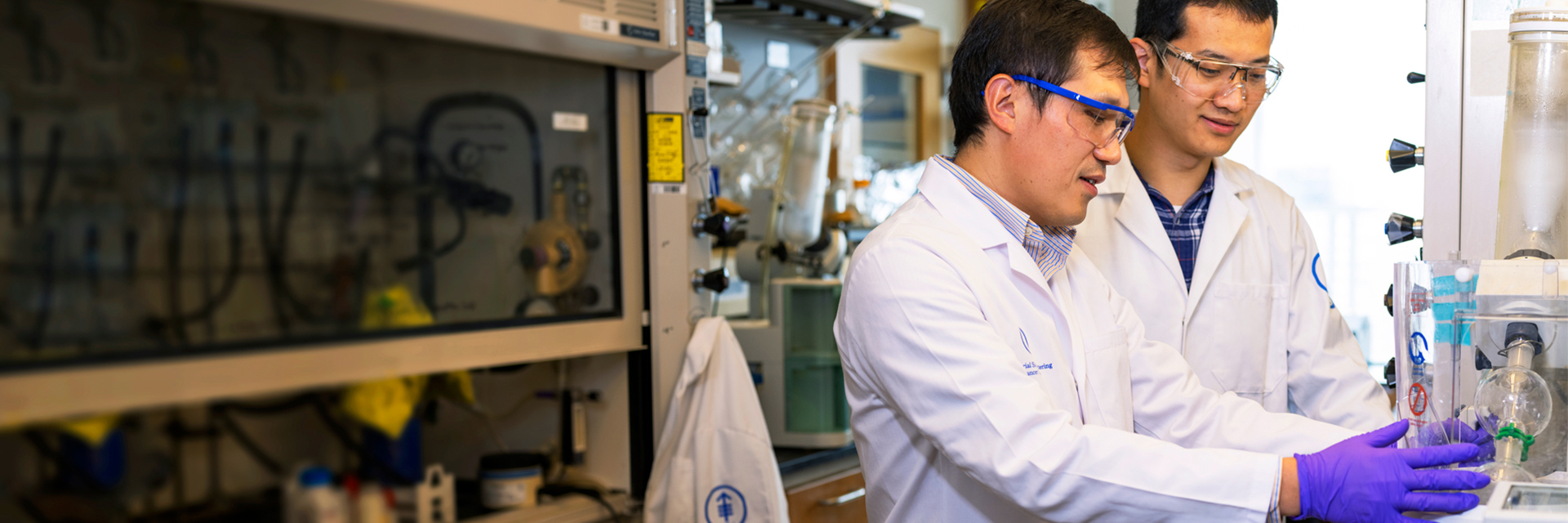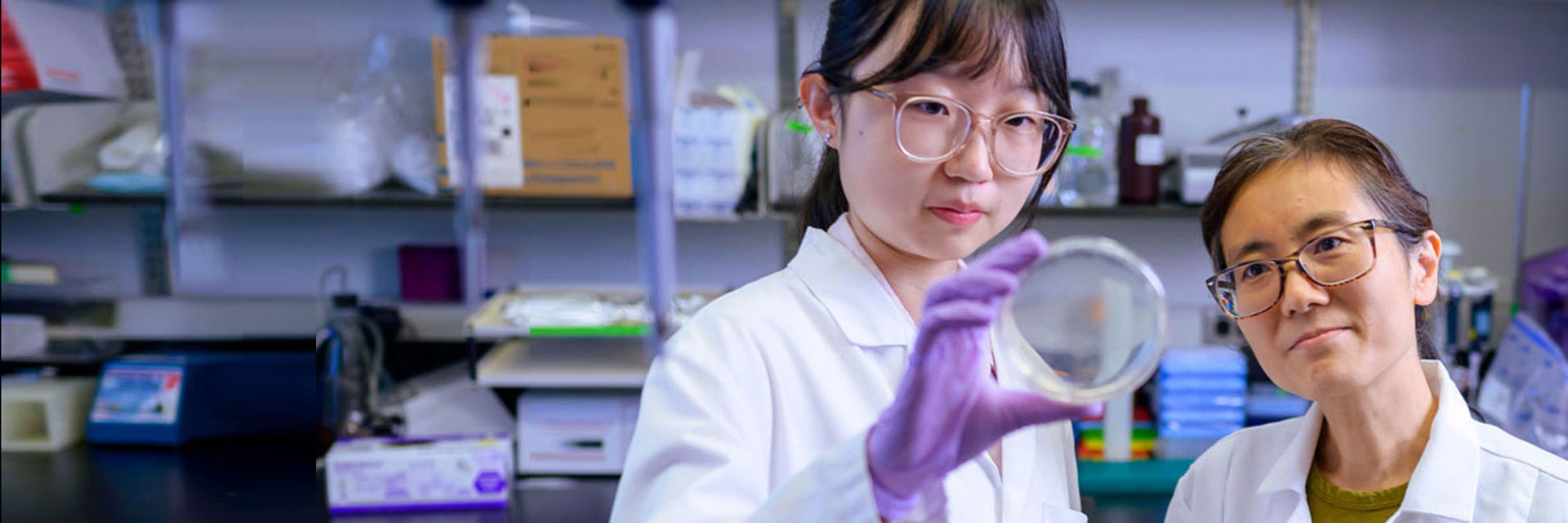
Scientific advances over the past decade have transformed the way we understand and treat cancer by identifying genetic changes associated with the disease. But this research has also shown us the limits of this approach. We now know, for example, that there is no gene associated with metastasis, the cause of up to 90% of cancer deaths. To tackle the most pressing problems in cancer, we must look beyond genetics to understand the tumor’s entire ecosystem — all the interactions between tumors and the host tissues they inhabit, including the environment of different organs; whole body systems like the nervous, endocrine, and immune systems; the gut microbiome; and lifestyle factors like exercise, stress, and obesity.
The Marie-Josée and Henry R. Kravis Cancer Ecosystems Project: Leading the Next Revolution in Cancer Research
The Marie-Josée and Henry R. Kravis Cancer Ecosystems Project at Memorial Sloan Kettering will spur this revolution in cancer science by funding pre-clinical laboratory research aimed at understanding cancer as a problem of malignant cells empowered or defeated by their host ecosystem. Multidisciplinary teams of investigators funded by the project will tackle a set of critical questions to take our knowledge of cancer biology, prevention, and treatment to an unprecedented level.
This project is made possible by a generous philanthropic gift from the Marie-Josée and Henry R. Kravis Foundation. The Kravis family’s ongoing support has been essential to many crucial scientific and clinical advances at MSK over the last two decades, and we are profoundly grateful for their visionary commitment to improving the lives of people with cancer worldwide.
Our Goals
The Kravis Cancer Ecosystems Project will tackle critical research questions at the interface between tumors and their host ecosystems. Some of the specific objectives are to:
- Determine how gene–environment interactions influence cancer initiation and progression
- Define how non-genetic mechanisms influence cancer progression, dormancy, therapy response, and metastatic recurrence
- Gain insights into normal tissue development and regeneration to understand tumor progression, metastasis, and therapy resistance
- Uncover the cellular and molecular mechanisms by which the immune system combats or supports tumors
- Identify key metabolic adaptations of cancer cells and the tumor environment to the unique demands of tumor growth
- Establish the impact of inflammation on cancer stem cells during tumor initiation and progression
- Learn how the nervous system and other organ systems influence cancer and, conversely, how cancer triggers tissue wasting throughout the body.

Collaboration among scientists will be a key feature of the Kravis Cancer Ecosystems Project.
Our Work
The following are examples of the pre-clinical research questions to be pursued by multidisciplinary teams under the auspices of the Kravis Cancer Ecosystems Project.

Can we heal the “wound” that is cancer?
Scientists have likened a tumor to a wound that does not heal. Some of the same immune responses that heal wounds operate in cancer to nurture a tumor’s growth. By understanding more about how tumors coopt the wound healing process, scientists will learn how to stop their growth and eliminate tumor cells through the natural and coordinated process of wound resolution.

How do immune cell circuits function?
The spectacular success of immunotherapy has shown the power of the immune system to fight cancer. But the immune system doesn’t operate as singular force; it’s more like a complex network of cell types and molecules. Scientists will focus on mapping these circuits, to better understand how to improve immunotherapy.

How does cancer rely on developmental pathways?
Metastatic cells often coopt developmental pathways that are usually active only during embryonic development. Cancer cells can tap into these pathways through epigenetic means. This group of scientists will focus on mapping these changes with the aim of blocking cancer cells’ abilities to rely on these pathways for their growth and metastasis.

Can we map cancer drug dependencies at scale?
Researchers will use a CRISPR-based approach to screen the universe of all possible ligand/receptor communications in cancer ecosystem models. The team’s initial focus will be prostate and colorectal cancer, for which robust tumor organoid models already exist.
Funding
Annually, The Marie-Josée and Henry R. Kravis Cancer Ecosystems Project will release a Request for Applications to the MSK community soliciting multidisciplinary basic research teams to present research proposals focusing on questions such as those described in the examples above.
The Project will seek to fund projects that are ready for a major breakthrough by a multidisciplinary basic research team demonstrating a robust foundation of recent discoveries and a compelling research plan. Proposals can request funding for up to three years with a total budget not exceeding $3 million (up to $1 million per year). After year 1, the release of funds will be contingent upon presentation and satisfactory review of annual progress reports.
Featured News


